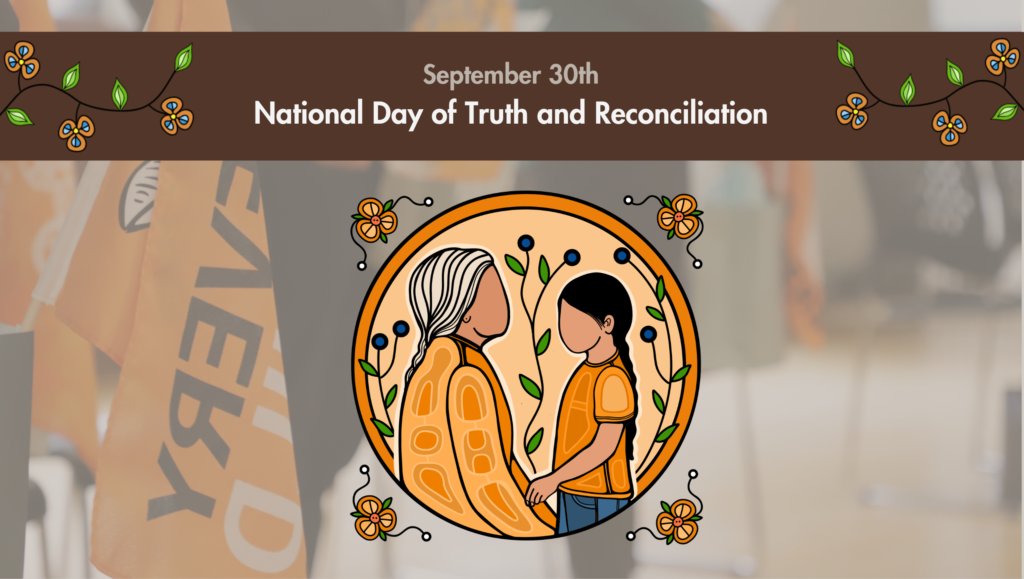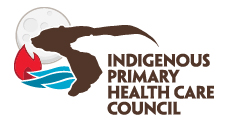Commemorating National Day for Truth and Reconciliation and Advancing Culturally Safe Healthcare
Posted on September 24, 2024

National Day of Truth and Reconciliation
September 30th marks the 4th annual National Day of Truth and Reconciliation, formerly known as Orange Shirt Day. Established to honour residential school survivors, along with their families, communities and the thousands of children who never made it home. It also raises awareness of the impacts that have had harmful, lasting effects on the wellbeing of Indigenous people.
It’s estimated that more than 150,000 First Nations, Métis and Inuit children attended a residential school in Canada. The first Indian residential school opened in 1831 in Brantford, Ontario. The last remaining residential school in Punnichy, Saskatchewan closed just 27 years ago, in 1997. The system, which was operated by the federal government aimed to assimilate Indigenous children into a settler-colonial culture, intentionally separating children from their homelands, families, and traditional practices. With the colonial settlements came generational health challenges and marginalization of Indigenous people.
The Truth and Reconciliation Commission of Canada (TRC) concluded that residential schools were “a systematic, government- sponsored attempt to destroy Aboriginal cultures and languages and to assimilate Aboriginal peoples so that they no longer existed as distinct peoples” and as “cultural genocide.”
The Need for Culturally Safe Healthcare
The lasting impact of Residential Schools emphasizes the need to restore the trust within healthcare systems. We all share a responsibility in reconciliation, and one step towards that is culturally safe healthcare – wherein all Indigenous people are respected and are safe from discrimination.
Indigenous Peoples continue to experience systemic discrimination due to un/conscious biases and stereotypes, barriers to receiving culturally safe care, and overall inadequate health care services. An important step towards reconciliation is acknowledgement, compassion and commitment to continuous learning.
Culture is the essence of identity, belonging and history. It is the basis of traditions, customs, values, ceremonies, spirituality, language, ways of knowing and being and connections to the land. Losing one’s culture, or being removed from it, has contributed to a breakdown of health and wellbeing. Therefore, it is important that care is grounded in Culture as healing to better serve Indigenous patients.
Traditional healing can be defined as a journey towards good health and well-being, which begins with the focus on oneself, and involves sustaining balance through awareness and self-acceptance. This balance can be achieved through integrating elements of physical, emotional, mental, and spiritual well-being contained within the Model of Wholistic Health and Well-being (MWHW).
This model conceptualizes well-being as a balance across physical, spiritual, emotional and mental aspects of the self. Culture, that is Indigenous ways of knowing and being, lies at the centre of wholistic well-being, as it provides the means of re–establishing balance across all areas of the self. In practise, this looks like care that is not divided into separate silos for physical health, traditional healing, mental health, health, promotion, etc. Instead, services are provided by indigenous health centers, simultaneously address clients’, physical, spiritual, emotional, and mental needs.
Advancing Innovative Reconciliation in Healthcare
Healthcare providers and practitioners can play an important role in supporting Indigenous health by advocating for Indigenous health equity, ensuring that primary health care is provided in a culturally safe manner, and addressing the broader determinants of health. The result is to improve the health outcomes for Indigenous people in the spirit of reconciliation.
IPHCC is committed to the welfare of Indigenous communities, so we’ve partnered with doctors and six member organizations to pilot the Safespace Network in Ontario. Safespace is a platform designed to overcome barriers to reporting in healthcare, offering a secure and anonymous space for individuals to share their experiences without the risk of retaliation. The data collected gets assessed for patterns and trends in healthcare that can be analyzed and understood by healthcare institutions and those who can influence change within the system.
- Strong, Collective Voices - IPHCC Members Reaffirm Shared Vision
Oct 17 2025 by Sadiah Rahman
- Webinar | Pathways to Preservation: Advancing Indigenous-Led Lower Limb
May 29 2025 by Sadiah Rahman
- A New Alliance to Advance Indigenous Health: The IPHCC
Apr 16 2025 by Brock Helmer
